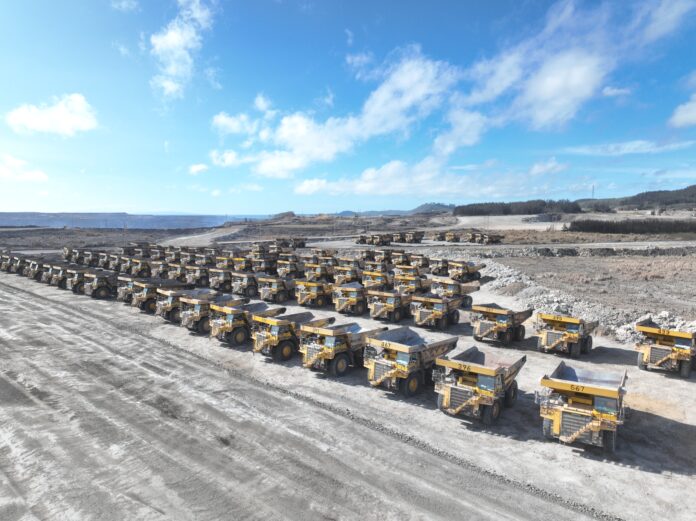DMCI Holdings Inc., the flagship company of the Consunji group, announced that it will delay its planned cement manufacturing facility on Semirara Island due to recent developments, including its acquisition of a controlling stake in Cemex Holdings Philippines Inc.
Herbert M. Consunji, CFO of DMCI, said that the group is reevaluating its cement plant plans following the acquisition of nearly 90 percent of Cemex, which is set to be rebranded as Concrete Holdings Philippines Inc. With the change in strategy, DMCI is prioritizing existing expansions, particularly through Solid Cement’s new plant in Antipolo. The plant is strategically positioned closer to Metro Manila and key Luzon provinces, tapping into a more accessible and cost-efficient market compared to the proposed Semirara Island location.
DMCI’s other cement operations, under the Apo Cement brand, include a plant in Cebu serving the Visayas region. A Semirara-based cement plant would have faced significant logistical challenges due to the need for shipping and transportation, which would increase production costs.
Compounding the delay is the upcoming expiration of the group’s coal operating contract with the Department of Energy (DOE) in July 2027. Any plans to develop a cement facility on Semirara Island will be contingent upon the renewal of this contract. While DMCI has over a billion tons of limestone reserves on Semirara, sufficient to support a cement plant for centuries, it must secure the necessary government permits, including from the DOE, before moving forward.
The proposed plant, which DMCI had earmarked with an investment of over $300 million, has an estimated production capacity of 5,000 tons of cement per day, or 2.4 million tons annually. Despite the postponement, the company remains committed to the long-term potential of its cement ventures in the Philippines.







